The Big Smoke – Pantanal
The Big Smoke – Pantanal
And the fires that are burning Amazon & Pantanal
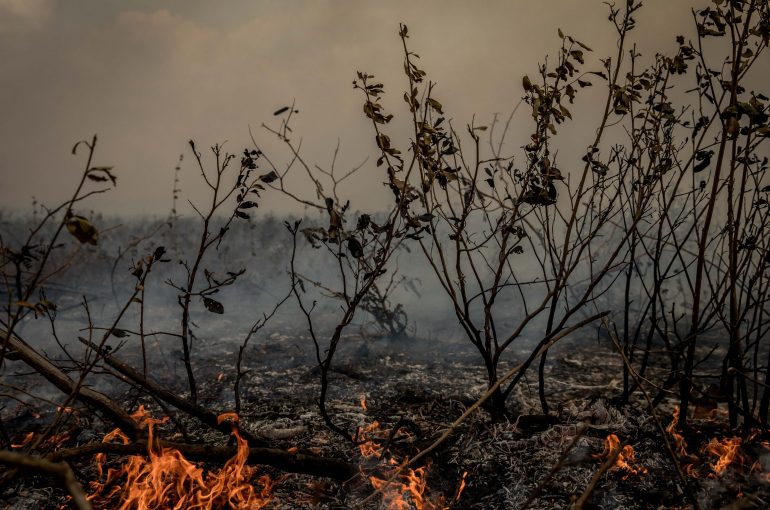
Christiano Antonucci/SECOM-MT
Ashes and Fire
Behind the curtains of thick smoke that envelope over 2 million hectares of the Pantanal, the biggest wetland on the planet, lies the crucial challenge of our times: the change in the climate and the urgent need to protect our forests.
Recognized as a UNESCO World Heritage Site and located in the center of Brazil, the Pantanal is considered a complex ecosystem as it serves as a meeting point of 5 other important biomes including the Amazon and the Atlantic Forest.
The Pantanal contains at least 3,500 species of plants, 550 native bird species, and 124 species of mammals. Some are already in the “near threatened” category of endangerment just like the jaguar, the largest America’s wild cat.
According to the INPE (National Institute of Spatial Research), the area has received only half of the rain volume expected since January, and the total hotspots and fires grew from 824 in 2019 to over 2849 as of August 2020: a staggering increase of 241%. The numbers are frightening, and the threat is real.
The increased occurrence of fires is becoming a trend in the Pantanal. With more fires, smoke, and heat, there is no water evaporation. As a result, there is less formation of rain clouds which only worsen the extreme drought.
Some researchers also relate these fires to the deforestation of the Amazon, because the Amazon produces most of the humidity that feeds the Pantanal.
Intertwined, we witness the two giant natural sanctuaries burn into ashes.
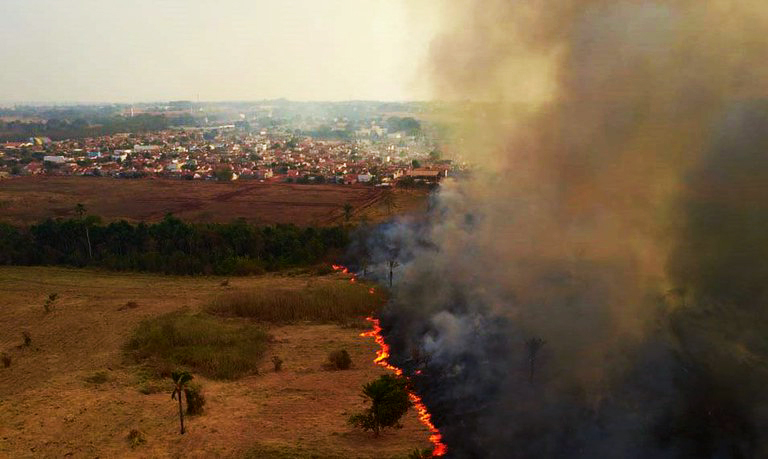
All forms of life
The Pantanal, the world’s largest wetland, is also a refuge for iconic wildlife. However the fires have already decimated about 12% of the entire biome, including 32% of the SESC Pantanal Private Natural Heritage Reserve. These fires are directly affecting the animals and are primarily responsible for their habitat loss.
Serpents, lizards, crocodiles, monkeys, tortoises, jaguars, and anteaters have all been discovered with carbon dioxide poisoning or with burnt body parts. Tapirs, for example, known as the forest gardeners for being an important seed disperser in their habitats, are naturally slow animals and struggle to escape the flames.
When a habitat is destroyed, the carrying capacity for native plants and other organisms is reduced and the wild population declines. This loss is perhaps the greatest threat to biodiversity.
An article from the Scientific American showed that as species disappear, infectious diseases can rise in humans and throughout the animal kingdom. Thus animal extinction directly affects the health and long term survival of all species on Earth, including humans.
If the pace of the fire keeps up, there will be devastating consequences in the long term due to the liberation of tons of carbon dioxide in the atmosphere, the main gas and driving force of global warming.
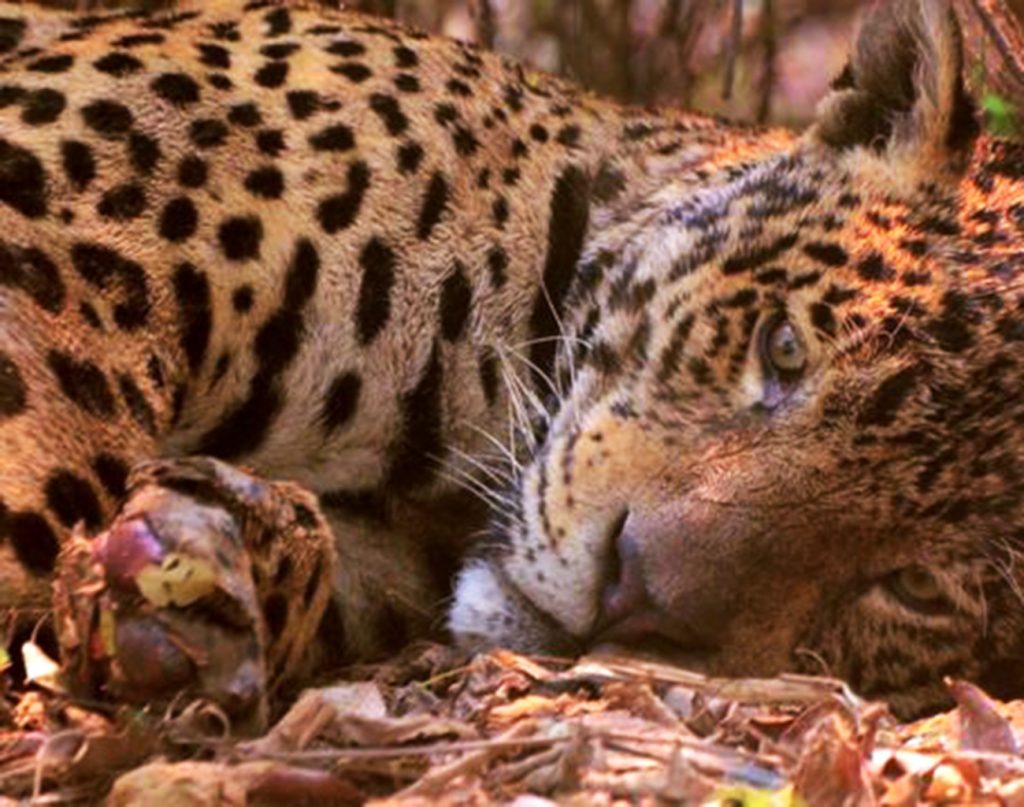
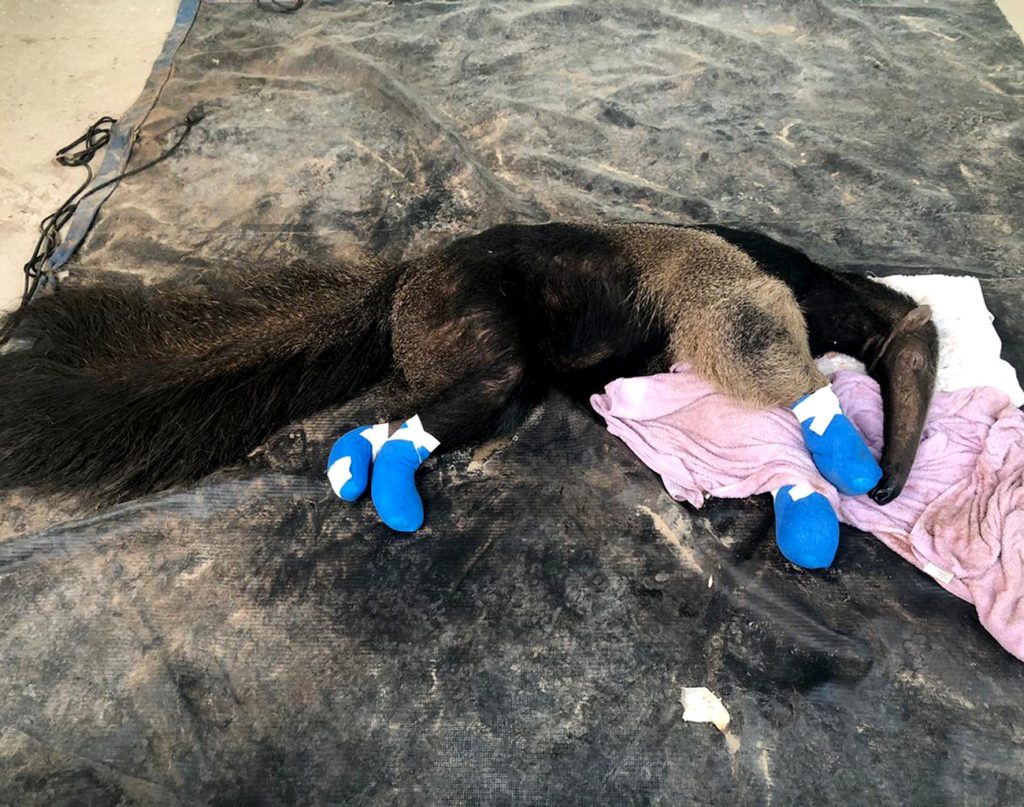
Problem “Me”, Solution “We”
The Pantanal is regarded as the most preserved wetland in the world, but still less than 2% is under government protection.
The growing number of environmental pressures ranging from unsustainable infrastructure development, untreated waste pollution, droughts, and fires threaten to destabilize the regional ecosystem and the benefits it provides to people and wildlife alike.
These facts reinforce the vital role of non-governmental and non-profit organizations that work on the ground through the creation of protected areas while promoting the sustainable use of natural resources.
Hands-On
Scientific studies predict shorter periods of rain in the upcoming years, and according to Cassio Bernardino, Forest Engineer of WWF Brazil, without a big break from the fires, the biome can simply turn into a desert.
Your action counts, and you can help the cause by donating to NGOs committed to protecting and restoring our ecosystems and animal life.
Organizations We Partner With
SOS Pantanal – whose mission is to promote knowledge with the latest research and to keep an open conversation among different sectors of society about the positive impacts of the sustainable development of the Pantanal.
Ampara Animal – the institution that provides the most help to animals in Brazil. The Ampara Silvestre focuses on animal rehabilitation and the welfare of animals kept in captivity.
WWF – the world’s leading conservation institution developing innovative solutions that protect communities, wildlife, and the places in which they live.
Panthera – the only non-profit organization in the world devoted exclusively to the conservation of wildcats.
We strongly believe that the Jaguar Parade significantly contributes to fuel the work and missions of these NGOs in defense of the Pantanal and the Amazon in the hopes that we can all breathe a sigh of relief very soon.
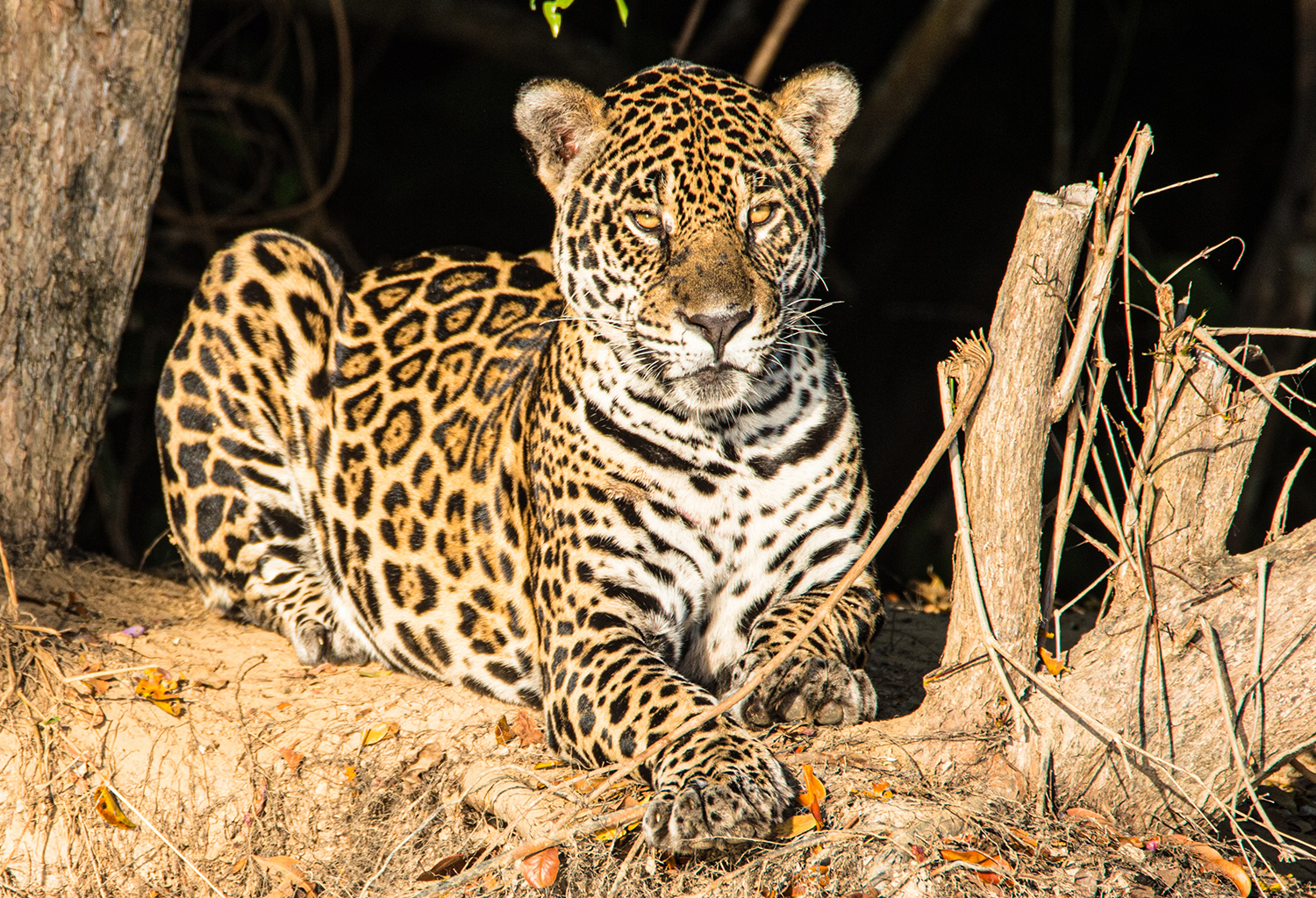
Be a Jaguar Friend
Get in touch with the Jaguar Parade team if you want to become a Jaguar Friend!
Follow the Jaguar:





